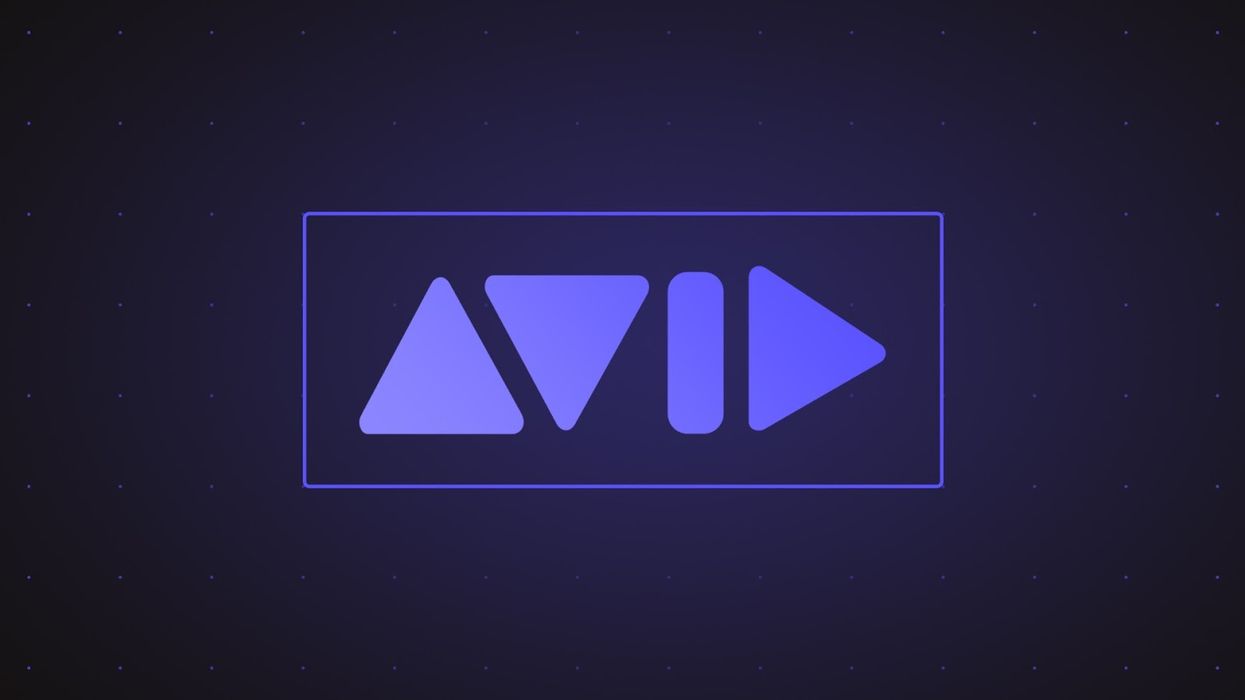Could a Rumored AVID Sale Shake up the Video Editing Landscape?
What an AVID sale could mean for the future of NLEs.

We’re a long way from 35mm film strips and scissors.
In the grand scheme of things, it’s not huge news to report that one of the legacy non-linear editor systems might be for sale. Yet, with so much of digital video editing history being crammed into the last few decades, this news is certainly worth paying attention to for any industry-altering ramifications.
According to a recent Reuters report, AVID Technology Inc. is working with Goldman Sachs Group on a potential sale and has asked for bidding offers from interested parties.
Of course, while this doesn’t guarantee a sale is on the way, it is at the very least quite interesting news indeed. As one of the most famous—and professionally trusted—video editing software on the market behind perhaps more feature films than any other platform, there’s plenty to explore in terms of what this might eventually mean for the video editing landscape.
The History of AVID Media Composer
AVID, the company, was founded back in 1987, the AVID Film Composer software was first introduced in 1992 as the first non-linear digital editing system to capture and edit natively at 24fps. (Also, fun fact, the first feature film to be edited on AVID was Martha Coolidge’s Lost in Yonkers in 1993.)
With a simplistic user interface to start, AVID has evolved over the years to keep up with the digital editing landscape as well as allow for both offline and online editing, including notable updates for uncompressed standard definition, high definition, 2K, and 4K editing and finishing over the years.
First on Mac, then on Windows, AVID became the dominant NLE system in the film and television industry by the mid-to-late 1990s and has been used to edit major motion pictures as recently and as big as Top Gun: Maverick and Avatar: The Way of Water.
Currently AVID offers four versions of its Media Composer with its freeware version, its legacy Media Composer, a Media Composer Ultimate, and a Media Composer Enterprise, and the software can be used standalone or with other external I/O devices both offered by AVID or third party manufacturers.
The Current NLE Landscape
While AVID might be the most famous and noteworthy video editing software, NLEs like Adobe Premiere Pro, Apple Final Cut Pro, and Blackmagic DaVinci Resolve have all joined the scene leaving the landscape as diverse and wide-open as ever. In particular, Adobe’s Premiere Pro with its compatibility with the rest of the apps in its Creative Cloud may have overtaken AVID as the most popular video editing software on the market.
Yet, many video editors and professionals who have worked in the industry for a decade or more can attest, AVID remains a popular staple with the higher-end video editing crowd, particularly with the mainstream film and television set.
However, with a younger, more self-taught generation of film and video pros still on the rise, many new users are flocking towards the more more-easily-useable apps like DaVinci Resolve and even the latest versions of Final Cut Pro, which you can now use on an iPad (if that’s your thing).
What Will the Future Hold?
What’s most interesting about this news isn’t just that AVID might be for sale itself, but rather who might end up acquiring AVID and its NLE technologies.
Those who have been around long enough to remember can attest that editing software like DaVinci Resolve and Final Cut was not originally developed by their current parent companies. Both were acquired by Blackmagic and Apple respectively at one point, and the same could eventually happen to AVID.
With Reuters also reporting that AVID’s share price jumped 18 percent after news of the potential sale was announced, investors and speculators seem to agree that the acquisition of AVID could be quite lucrative for the right company.
Could we see Adobe swoop in and eliminate its biggest legacy competition? Could Apple acquire another NLE and combine its best parts with the best features of Final Cut Pro?
There’s a lot to be seen, but rest assured—if this sale goes through—the NLE landscape could change drastically.
Who would you want to possibly see acquire AVID? How do you think things might shake out? Let us know your thoughts in the comments below.












